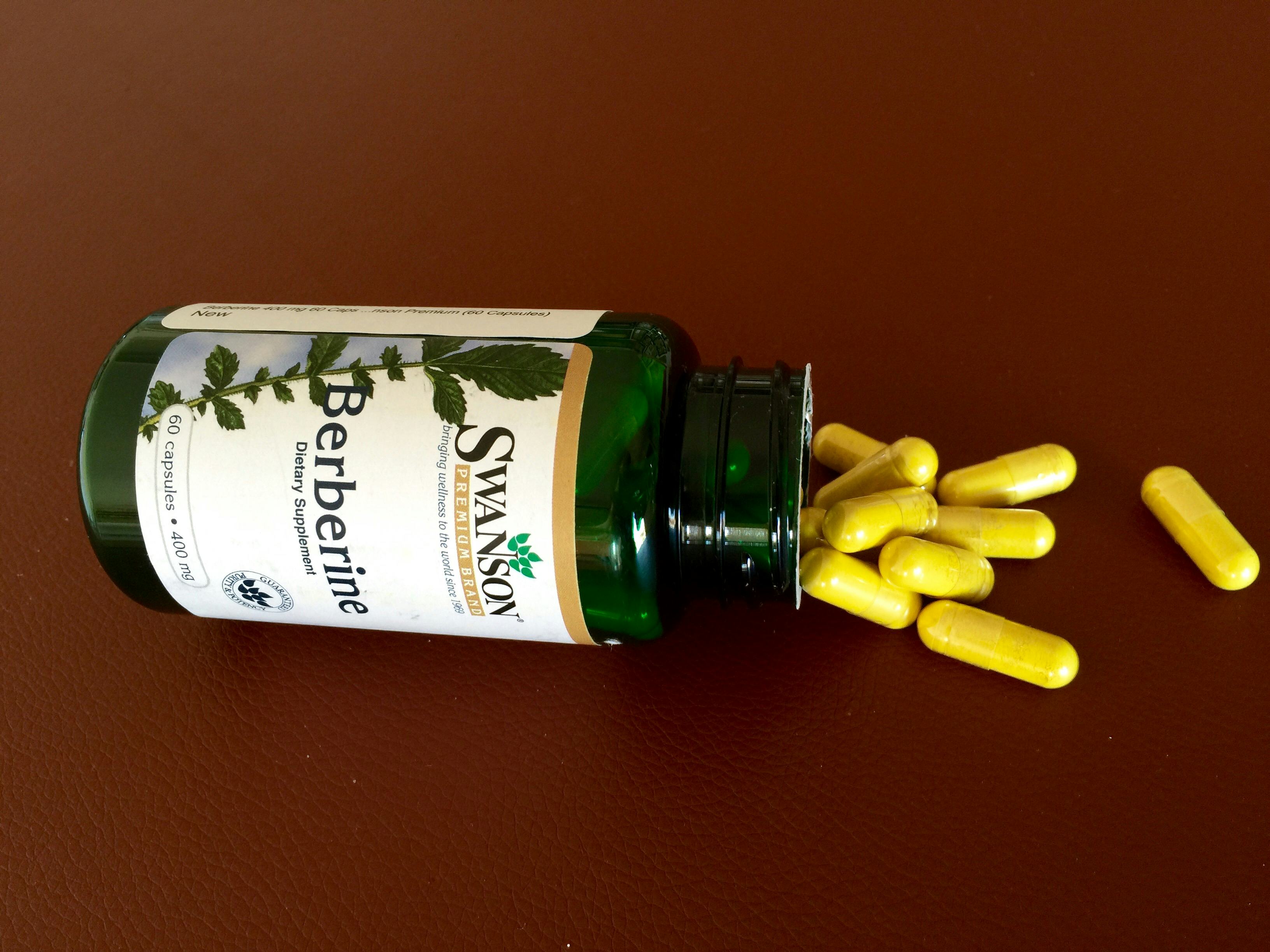
In the past few months, there’s been an uptick in TikTok users gushing over a dietary supplement called berberine and its supposed weight-loss benefits, dubbing it “nature’s Ozempic.”
Ozempic, the type 2 diabetes medication that has exploded in popularity in recent months, has increasingly become difficult to get, including for people who require it to treat their diabetes. Alternatives to the prescription drug, including berberine, are popping up everywhere. But are they safe?
The “nature” part seems to come from the fact that berberine develops naturally in botanicals like goldenseal, barberry, Oregon grape, phellodendron, and tree turmeric.
“It’s from, like, a daisy or something,” one TikToker says in a video. “The side effects don’t seem that bad. Some diarrhea, upset stomach. I’m like, ‘I’m down for a little bit of that.’”
Ozempic and other semiglutides are in a class of drugs called GLP-1 agonists, which suppress appetite signals in the brain. They require a doctor’s prescription, cost about $1000 out of pocket, and have been in such high demand that diabetes patients have struggled to acquire them. The Food and Drug Administration (FDA) approved these drugs for diabetes treatment in December 2017.
Berberine is an over-the-counter supplement that retails for $15 to $40. Between its accessibility and the fact that it’s botanically derived, it's a more attractive option for people who are hoping to gain the weight-loss benefits that Ozempic can offer. However, since it’s a dietary supplement, it’s not regulated by the FDA. And that’s a big catch.
Berberine has been alleged to also treat diabetes, cholesterol, high blood pressure, burns, canker sores, liver disease, irritable bowel syndrome, and polycystic ovary syndrome. Many of these claims have yet to be verified in rigorous, peer-reviewed studies. One meta-analysis of 49 studies from 2022 published in the journal Frontiers of Nutrition concluded that while the supplement may offer metabolic benefits, in particular for the heart, it offers diminishing returns for weight loss.
Doctors have been aware of berberine for years. Jamie Kane, director of Northwell Health's Center for Weight Management and chief of the section of obesity medicine at Zucker School of Medicine at Hofstra/Northwell, told MedPage Today about his reservations around supplements. “Almost always, I tell people to stop taking them," Kane said. "And berberine would be no exception to that."
With the added uncertainty from the lack of regulation, it’s hard for consumers to tell exactly what’s in their bottles. “If you don't know exactly what you're taking, and you're not sure of the efficacy, the whole thing makes it very difficult to recommend," he said.







